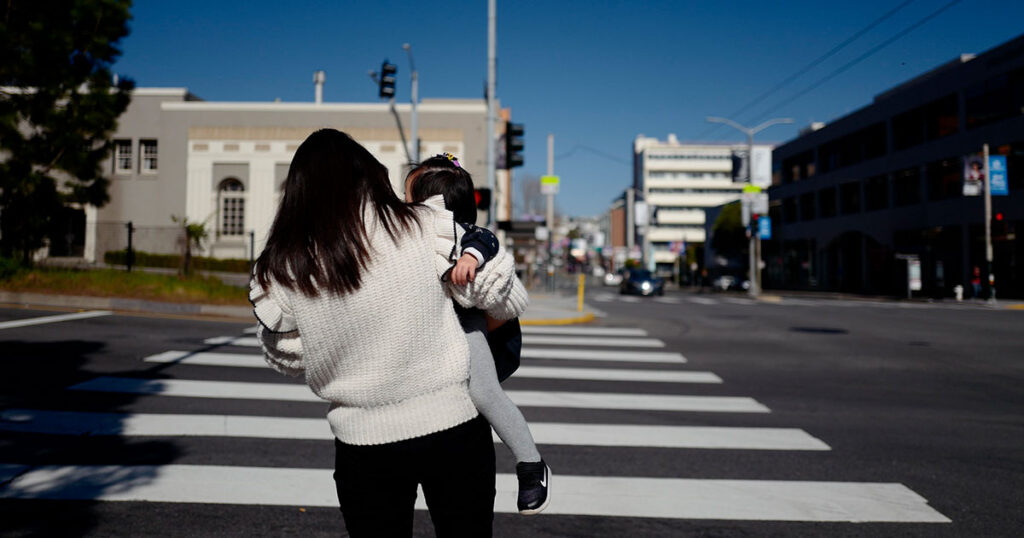
In an interview, the Swiss aeronaut Bertrand Piccard spoke about risk. “Routine is more dangerous than risk,” he told New Yorker writer Ben Taub. “Routine is killing us.” He elaborated, saying, in Taub’s paraphrase, that “it was dulling people’s sense of curiosity and purpose and wonder, leaving them looking back on their lives with regret.”
I was on a flight from Madrid to Dallas when I read those words, making my own small escape from the routine of my life in Asturias. It was late August, when most of the Spanish workforce was preparing for the end of summer and when parents were beginning to buy books and gather supplies for the start of school. But I still had a month of vacation, and I was spending it in the States, with my mother in New Mexico and stepmother in Colorado. A change from the routine of feeding and walking the dogs, feeding and brushing the cats, watering the garden, and greeting the neighbors and exchanging the usual good wishes along with occasional fresh veggies we had grown or been given. I was looking forward to swapping my orderly and predictable activities for a slightly different set in a different setting. I was not unhappy with my routine, but I feared that if I didn’t make a visit to the States, I would look back from the end of September and lament not having gone. Piccard, I thought, might be on to something.
While I was away, a friend wrote from Spain regularly to tell me the cats and dogs were fine, the weather was either dry or wet, and, after the second week of September, that his granddaughter, five, was back at school. She had been glad to go because school meant seeing her best friend every day. It also meant her grandfather would be waiting after school to take her to the park, and it meant, if last year was an indication, a stop at the candy store. For me, pleasures tend to blend together so that the excitement of each is lost in a vague general sense of well-being. But that is not the case with one so young. For this little girl, rather than either lulling or dulling her, routine makes the days predictably exciting. Each pleasure is newly thrilling. Flinging herself into her friend’s arms each day, studying the bins of sweets at the candy store, running from slide to swing and back in the park—how fun! Day after day.
I envy the child her enthusiasms. Just crossing the street, hopping from one zebra stripe to another, is an escapade. So is the challenge of distracting an adult at the crosswalk to see if she can cross without holding someone’s hand. Even communicating her small annoyances, each provoking a deep frown, arms crossed, and an announcement that she is displeased. Nothing worn down or weary about her. Living is still quite an adventure, and each day, no matter how routine, is full of fresh promise.
In the States, the closest I came to the adventure of the mundane was with the family dog on our morning and evening walks. Snapping the leash on Zoey the first evening was a pleasure, which, after a few days, became a practice I hated to miss. Same with running. And my coffee on the back porch each morning, exactly where I’ve been drinking coffee on visits for years. The more routine the activity, the more I appreciated it. Routine is the adventure. “Spend the night away with friends? But what about Zoey?” When it was time to leave again, and for many days after, I thought about that sweet dog, her face now entirely white, her body small and sturdy, her pace a trifle slower than last year, her patience at communicating her desire for a walk the same, her thrill each time I picked up the leash evident in her upturned face. I miss all that. I look back on my month in the States. The more I did a thing, the more wonderful it became. My regret is not the routine of walks with the dog on the trail behind the house in Durango or coffee on the porch or runs out from Magdalena and up to the Kelly Mine, but that I can’t sink forever into those well-worn grooves that, because there is no further thrill, free me to feel curiosity, purpose, and wonder. “What about Zoey?” No—what about me?

